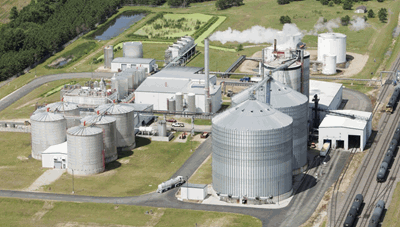Frequently Asked Questions about the Food Bans |
- Do I have to send my food waste to the closest eligible facility?
 No! If you are subject to the ban you can send it to any eligible site, like the digester in Johnston.
No! If you are subject to the ban you can send it to any eligible site, like the digester in Johnston.
- What if I just meet the ban requirement for one week?
It depends. The Rhode Island and Connecticut bans use yearly totals. So if you go over the average weekly amount some weeks but remain under for the year as a whole then you are not subject to the ban. But the Massachusetts ban works differently. If you dispose of more than one ton of food waste in any week then you are subject to the ban for that week. If you dispose of less than one ton of food waste during other weeks then you are not subject to the ban for those weeks. - Could diverting my food waste save me money even if I am not subject to the ban?
Possibly. Food waste has less expensive disposal fees than trash. Feel free to contact us and we will conduct a trash audit. This involves understanding your unique situation and making recommendations based on it. Even if we can't save you money by diverting your food waste, we might still be able to save you money on your waste disposal. - How much cheaper is it to send my food waste to a digester rather than a landfill?
It can be a good amount cheaper. Tipping fees for trash range from $70 to $100 per ton while tip fees for food waste sent to a digester range from $35 to $60 depending on quality. -
Is sending my food waste to a digester more sustainable?
 Yes. The digestion process captures the methane gas that would normally go to waste during composting. This methane is then converted into biogas. Plus, the digested material is compostable. When landfilled, this methane is released into the atmosphere and degrades the ozone layer. So having the food waste digested keeps this methane out of the atmosphere while also providing clean energy and compost.
Yes. The digestion process captures the methane gas that would normally go to waste during composting. This methane is then converted into biogas. Plus, the digested material is compostable. When landfilled, this methane is released into the atmosphere and degrades the ozone layer. So having the food waste digested keeps this methane out of the atmosphere while also providing clean energy and compost.






